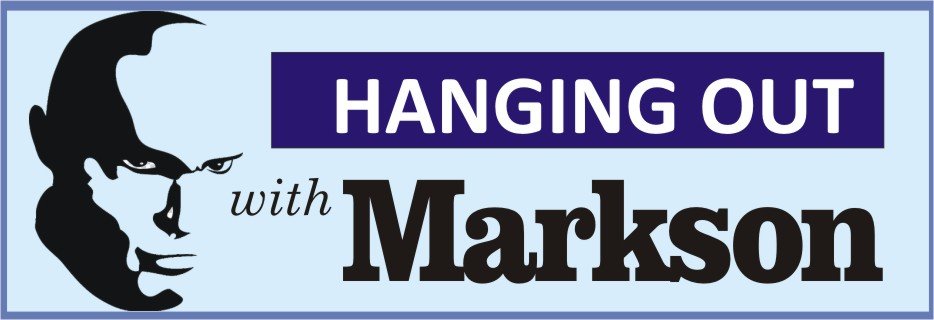
Port Harcourt — An average one-way domestic flight ticket in Nigeria today goes for N100,000, far higher than a starting salary for a graduate in the civil service. Teachers in state public schools, even with a Masters’ degree don’t earn that much. I was about to book a flight the other day. I had to abandon the process and meditate to get my wits back! As if on the same cue, majority of the airlines in Nigeria charge around the same fare. Air travel is now truly elitist. So, when one coughs up N100,000 for a one-way ticket, one should enjoy at least peace of mind on the trip. It was not so for passengers who boarded an aircraft on November 26 thinking they were heading to Abuja. Well, they thought Abuja but landed some 400km away in Asaba with the cabin crew welcoming them to Abuja!
The carrier in question is United Nigeria Airlines and the affected service is Flight NUA 0504. As the crew began arrival formalities, the view from the aircraft windows were anything but that of Abuja. Said a passenger on X (formerly Twitter) “Nigeria my country. We departed Lagos about an hour ago on @flyunitedng to Abuja, and upon arrival, the cabin crew confidently announced that we’ve arrived Abuja, only for us to realise that we landed in Asaba. Apparently, our pilot was given the wrong flight plan from Lagos.”
By the grace of God, I can count myself as a frequent flyer. I fly at least once in two months. I have never had the experience of being taken to another city other than the one I paid for without being informed by the pilot beforehand, and the reason. Yet, United Nigeria Airlines insists on selling to its hapless passengers a bogus reason for the diversion of the flight. It said in a statement that the flight had to land at Asaba airport because of poor weather at the destination. It further said the pilot was aware of the bad weather and the decision to go to Asaba. Some statements should never be made. This is one of them!
What they seem to mean is this: The pilot knew the weather was bad in Abuja, so he decided to fly to Asaba, without informing the passengers and his crew, and didn’t also consider it appropriate to do so when he landed. I have been in bad weather situations. There is no conceivable reason why a pilot will not inform the passengers and crew of a flight diversion due to bad weather. Once I was heading from Port Harcourt to Abuja. We got to Abuja but poor weather won’t allow us land. The pilot said we were returning to Port Harcourt where we waited until the weather cleared at our destination and we resumed the journey.
Flight NUA 0504 did not have weather problems. The Minister of Aviation and Aerospace, Festus Keyamo said: “it was clear that when the pilot was taking off from Lagos, he was headed to Asaba, not Abuja.” He said a transcript from the Nigerian Airspace Management Agency, NAMA, showed the pilot took off from Lagos and headed to Asaba instead of Abuja. “There was no weather problem. It was a question of a wet leased plane. Pilots and the cabin crew were foreigners,” he stated. “They were not familiar with the Nigerian terrain. So, it was purely an issue of in-house administrative issues. We have agreed from now that any wet lease coming into Nigeria must have a local pilot and Nigerians as its cabin crew.” The Nigerian Safety Investigation Bureau, NSIB, and the Nigeria Civil Aviation Authority, NCAA, are investigating the incident.
Already the NCAA has suspended the wet leased aircraft in the fleet of the airline “pending further investigation.”
The Asaba incident adds to a growing body of evidence that all is not well with the Nigerian aviation sector.
On November 12, an aircraft operated by Aero Contractors, had its nose wheel trapped in the grass shortly after landing. The aircraft in question is more than 24 years old. Two days later, a Valuejet aircraft had a slip due to what has been described as “algea build-up on the taxi-way.” In an earlier incident, a private jet operated by Flint Aero landed just before the runway at the Samuel Ladoke Akintola International Airport, crashing into the bush with severe damage on the aircraft. Thankfully there were no fatalities in these incidents but they are warning signs that our aviation sector needs an urgent and thorough health check.

